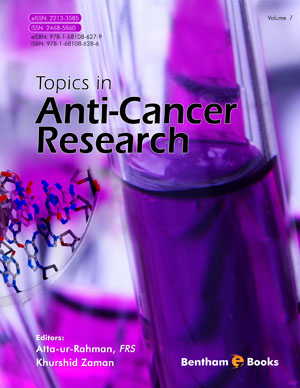Abstract
Autophagy (AP) is a cell recovery programme that plays a critical role by degrading dysfunctional organelles and misfolded proteins. Besides its position to maintain homeostasis, the contribution of AP to the development and progression of several pathological conditions, including cancer has been denoted. A significant number of findings indicate the involvement of AP-mediated cell survival in the progression of many tumors. However, the data in esophageal cancer (EC) appears to be less initiated. In this chapter, first definition, types and mechanisms of AP are described, and the following sections are focused on giving a clear view of the findings that communicate AP with oncogenesis and tumor progression in EC. Moreover, the use of several drugs, which are known to modulate AP (inhibitors [3-MA, Bafilomycin etc.] and inducers [Nimotuzumab etc.]) in the treatment of EC, is discussed.
The current data indicated that although the role of AP in carcinogenesis, tumor behavior and response to treatment in EC is non-negligible, the first problem to be resolved is to determine whether AP should be stimulated or inhibited because it seems that both strategies are encouraging. Another problem is the identification of the patient who will benefit from the manipulation of AP. Finally; the use of existing drugs that may have off-target effects warrants the development of specific AP modulating compounds suitable for use in patients with EC. The potential role of AP in EC chemoresistance necessitates further investigations not only with AP related proteins but also their related pathways into open up new corners for therapeutic intervention.Keywords: Apoptosis, autophagosome, autophagy, Beclin-1, cancer, carcinogenesis, cell survival, chemoresistance, esophageal carcinoma, esophagus, inhibition of autophagy, LC3 protein, pathway, regulation of autophagy, treatment.






















